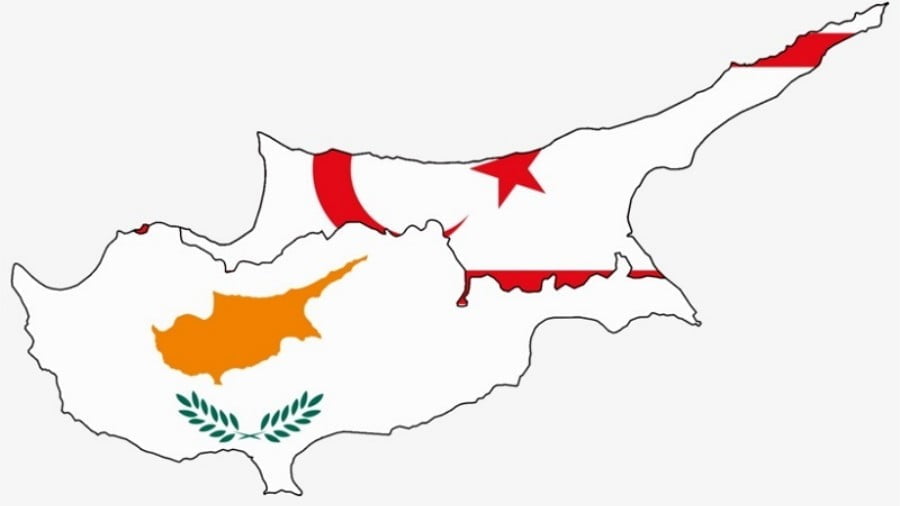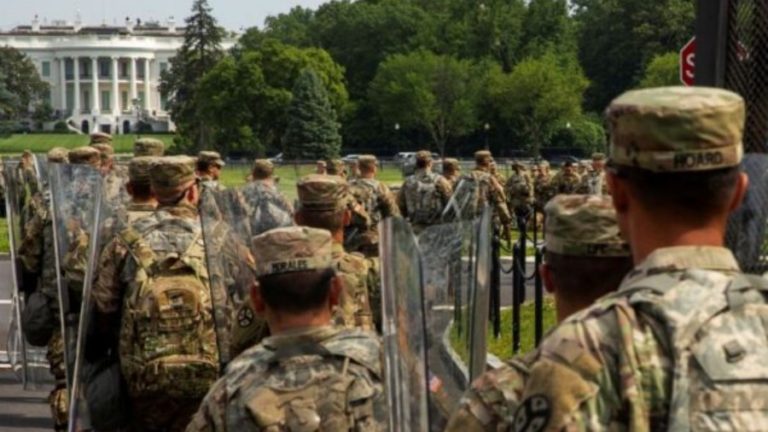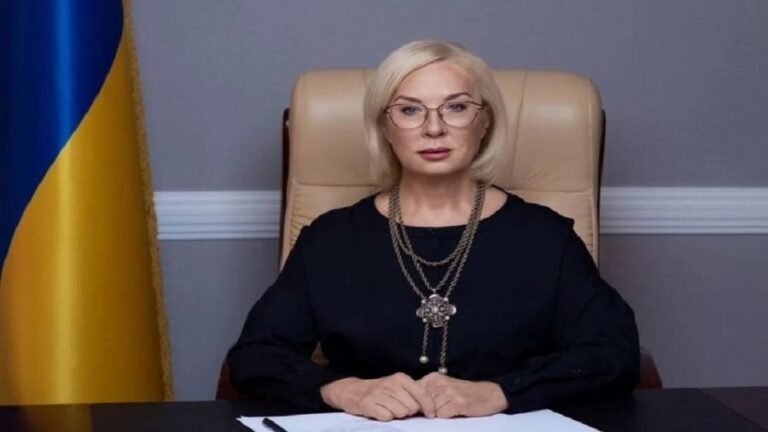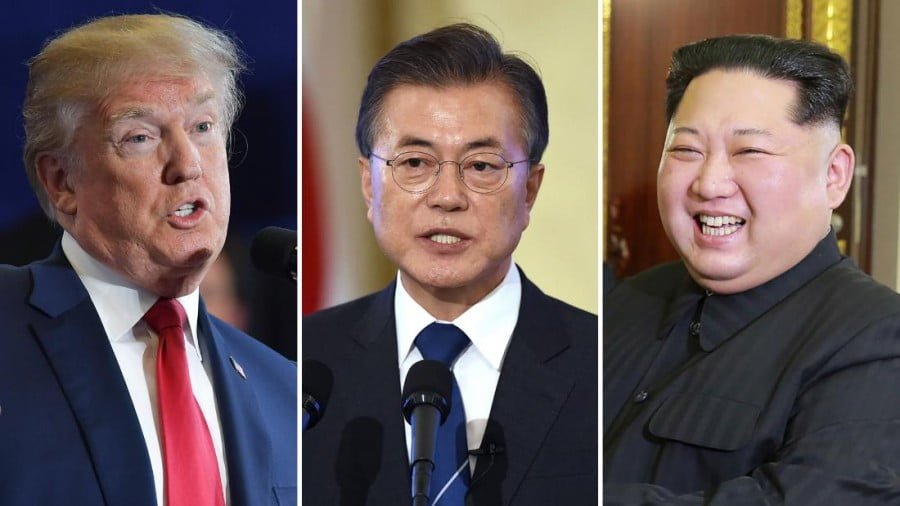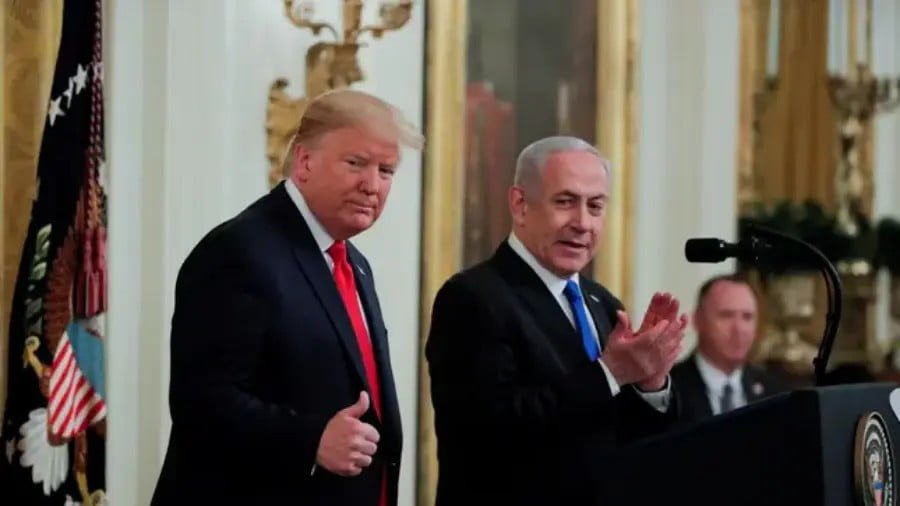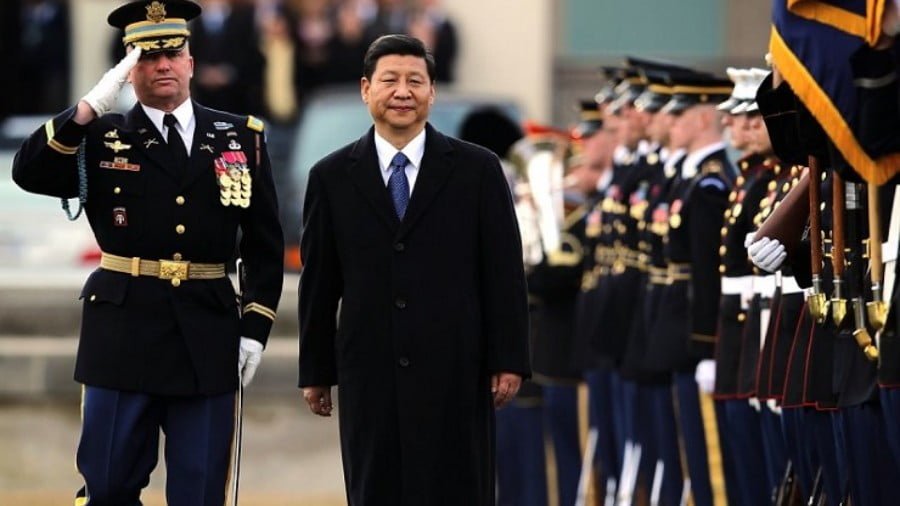Russia’s Cypriot-Turkish ‘Balancing’ Act Is Risky But Respectable
Russia’s attempt to “balance” between Cyprus and Turkey is a risky attempt to expand its influence in the Eastern Mediterranean since it could backfire if either of them begins to distrust its motives by suspecting Moscow of more closely siding with one over the other, but it’s also respectable in the sense that the Eurasian Great Power is objectively the best possible country to mediate between these two rival states since it enjoys strategic relations with both.
Russia’s “Balancing” Act
Russia’s 21st-century grand strategy envisions the country functioning as the supreme “balancing” force in Eurasia, and despite the author’s constructive criticisms about its execution, it remains among the most promising foreign policies in the world by virtue of Russia’s advantageous geography and historic diplomatic skills which uniquely enable it to potentially succeed with this ambitious goal. Moscow recently signaled interest in helping Cyprus and Turkey mediate their long-standing dispute in the Eastern Mediterranean provided that both sides request it, but this could backfire if either of them begins to distrust its motives by suspecting that Russia is more closely siding with one over the other. Nevertheless, it’s also respectable in the sense that the Eurasian Great Power is objectively the best possible country to mediate between these two rival states since it enjoys strategic relations with both.
“Containing” Turkey
In recent years, however, Russia has visibly moved closer to Turkey while the latter’s historic American ally has shifted towards Greece and Cyprus. The reason for this is that some in Ankara suspected the US of being involved in the failed summer 2016 coup attempt against President Erdogan, after which Turkey actively engaged Russia exactly as the author predicted at the time while the US reacted by bolstering its ties with Turkey’s Hellenic rivals. The second-mentioned development recently took the form of Athens reinvigorating its military alliance with Washington last year and the US partially lifting its arms embargo on Nicosia earlier this month. In addition, tensions have spiked between those two and Turkey over their conflicting claims in the Eastern Mediterranean through which the Greece-”Israel”-Cyprus (GRISCY) pipeline is expected to pass. Cyprus and Greece also managed to successfully multilateralize their disputes with Turkey after jointly hosting maritime drills with France and Italy in the region. Evidently, a regional coalition is forming to “contain” Turkey.
“Balancing” Basics
The essence of Russia’s “balancing” act is that it tends to side with what it perceives to be the “weaker” party in order to restore strategic parity so as to avoid a military conflict between the rival sides, but it only engages the aforementioned state if it believes that it has something of tangible significance to gain by doing so (e.g. promises of profitable economic deals, etc.). For instance, Russian military support to Syria wasn’t just to eliminate ISIS terrorists of Russian and Central Asian origin, but also to make itself the indispensable diplomatic force for resolving that country’s conflict which in turn will reshape Mideast geopolitics. It seemed for a few years to have been sympathetic to Iran and Hezbollah’s military roles there too since those two were considered to be weaker than “Israel”, but then started supporting “Israel” a lot more than those other two once it came to believe that they’d become stronger than the self-professed “Jewish State”. This isn’t to argue whether those assessments are all correct, but just to explain Russia’s Mideast “balancing” act.
The Strategic Basis Of Russian-Turkish Ties
The pertinence of this insight to the Cyprus-Turkish dimension of this grand strategy is that the island nation is obviously the weaker of the two if a back-to-back comparison is made but it’s been able to assemble a regional coalition in its support comprising Greece, France, Italy, and presumably also “Israel” and the US if the proverbial push came to shove. This means that Nicosia has more of an edge against Ankara than one might realize, thus leading to the conclusion that Turkey is being “contained” and thus is “comparatively weaker” when viewed from this perspective. This understanding explains why Russia tends to give off the perception of supporting Turkey so much (mostly in the passive sense of not getting in its way in Syria for example) since it believes that aiding Ankara can help restore strategic parity in the region between the Anatolian state and the coalition that’s forming to “contain” it. Nevertheless, some might argue that Russia’s “passive facilitation” of Turkey’s regional policy contributed to the “security dilemma” that sparked that aforesaid coalition’s formation.
Quid Pro Quo
In any case, the question to be asked is why Russia has decided to engage Cyprus at this moment in time and whether it truly believes that its efforts will be not only appreciated, but even rewarded if successful. What Moscow aims to do is expand its influence in the Eastern Mediterranean through diplomatic means via its “balancing” act, hoping that it can become a relevant player in this matrix of interests to the point where it’s able to shape the course of events. More specifically, it hopes to entice Cyprus into lessening its recent dependence on Western security guarantees in the event that it can somehow convince Turkey to support a political “compromise” on unifying the island and thus mitigating the tensions between those two. In exchange, Russia would probably like for its energy companies to play a role in GRISCY (agreed to both by Nicosia and Ankara’s surrogates in the self-described entity of the “Turkish Republic of Northern Cyprus” following unification). A naval base somewhere on the island, or at least military-logistics rights, would be a plus too.
Success Is Far From Assured
For as ambitious as Russia’s aims are, it’s difficult to imagine Moscow implementing them. It hasn’t proposed any novel solution to Cypriot-Turkish tensions (at least not yet) so neither of them have much interest in requesting its support in any practical sense. Moreover, while mediation by a neutral third party such as Russia can be helpful, it proverbially takes two to tango, hence why both sides must request this and it’s unlikely that they’ll come to such an agreement. Even if they do, mediation might not be needed indefinitely if they come to realize that it’s more effective to simply discuss their issues bilaterally. Another issue is that the Kremlin masterfully practices realpolitik (“balancing”) nowadays to the extent that it doesn’t regard itself as having any historical-cultural commitments to anyone else (e.g. supporting Cyprus just because most of its people are fellow Orthodox Christians). As such, Cyprus might not trust Russia, and Moscow might not want to provoke Ankara’s ire by doing anything to earn Nicosia’s trust which could be perceived as being at Turkey’s expense.
Concluding Thoughts
Russia should be commended for its sincere desire to resolve the dangerous tensions between its Cypriot and Turkish strategic partners, but one shouldn’t get any false hopes about the likelihood of it succeeding. It’s enough to signal its positive intent for this gesture to have its intended soft power effect, but actually executing it in the unlikely event that both sides request its mediation might be more troublesome than many might think. Moscow would have to tread extremely carefully to avoid triggering a “security dilemma” with Ankara wherein its counterpart comes to regard Russia as contributing to its “containment” if Turkey begins to think that it’s taking Cyprus’ side. Unlike Cyprus which can’t really impose any meaningful costs upon Russia, Turkey could limit military coordination in Syria, create issues of a speculative nature with Turkish Stream, and potentially impose non-tariff barriers to commercial relations. With this in mind, some in Moscow might cynically hope that Cyprus and Turkey don’t take up Russia’s (mostly rhetorical?) mediation offer.

